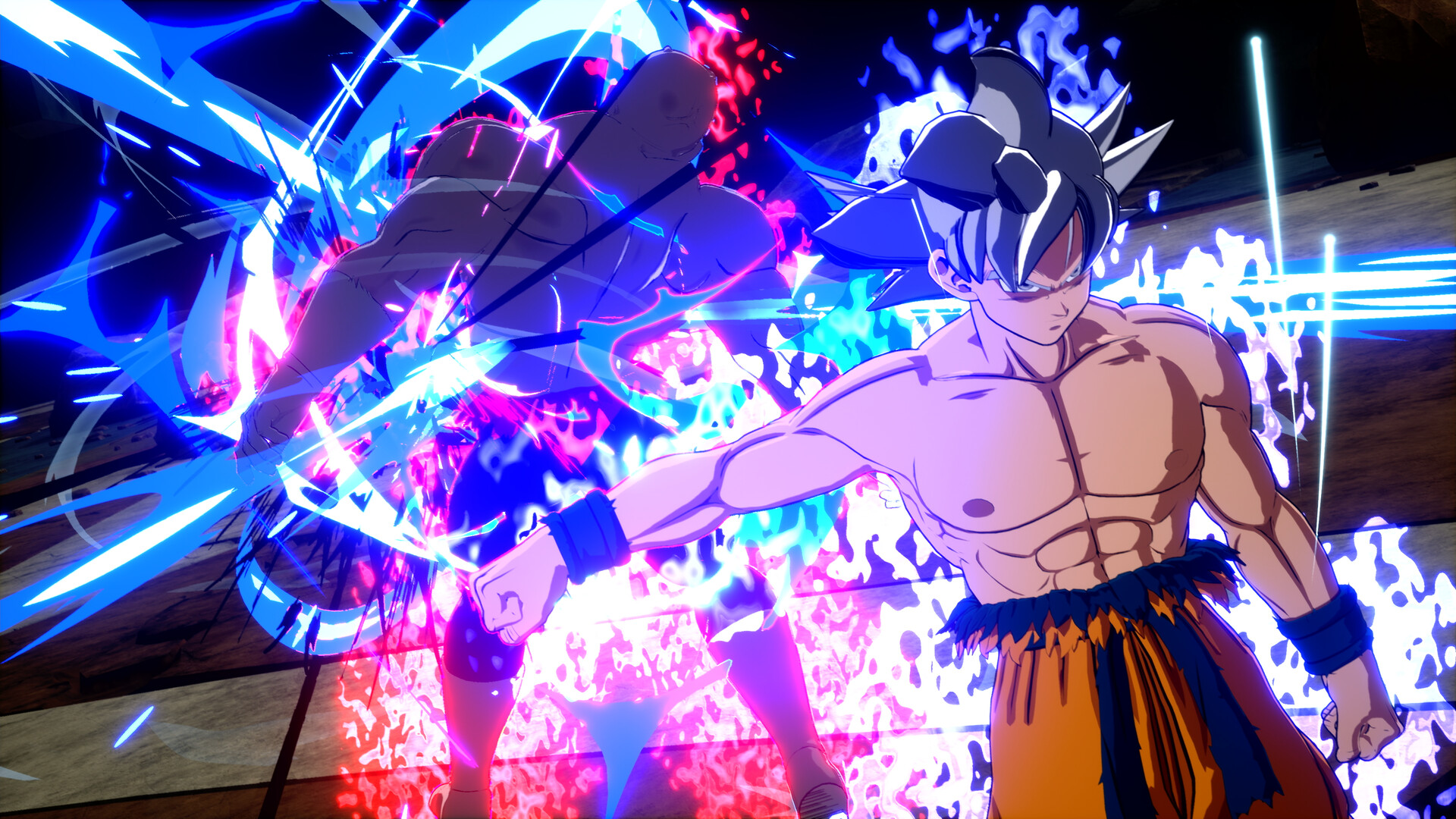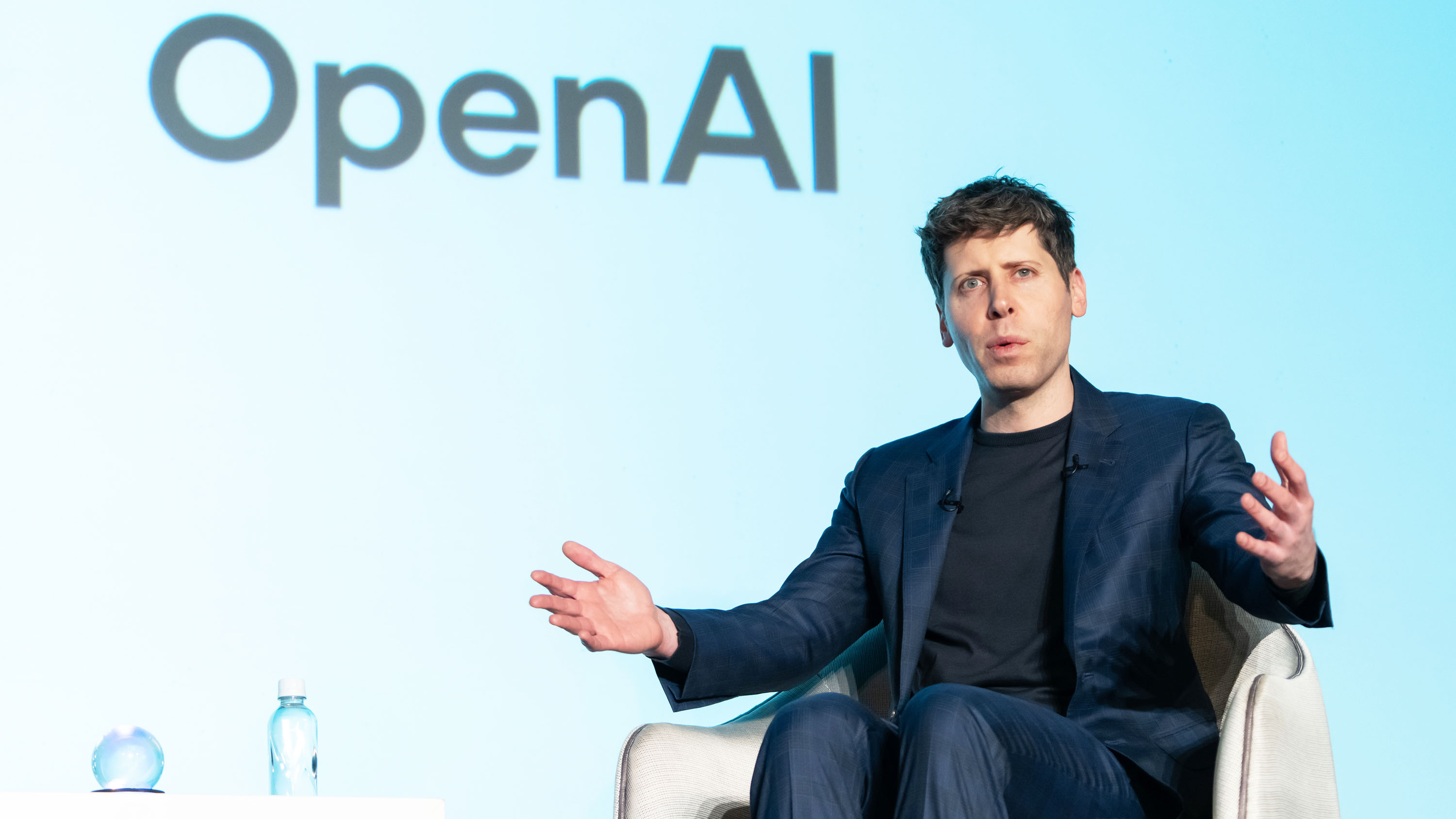From Studio Ghibli to Square Enix — Japan's major IP holders take a stand against OpenAI’s use of their content in Sora 2
CODA sent a letter to OpenAI, demanding that it cease using copyrighted Japanese content to train its AI models.

All the latest news, reviews, and guides for Windows and Xbox diehards.
You are now subscribed
Your newsletter sign-up was successful
OpenAI’s Sora 2 was released amid a flurry of viral videos featuring beloved characters from franchises like Dragon Ball, Mario, and more. However, its popularity was short-lived after Japanese IP holders, represented by CODA (Content Overseas Distribution Association), demanded that OpenAI prevent their content from being used to train its AI models.
Concerns have been growing around AI-generated content and the use of copyrighted media without permission, particularly in Japan. The country’s media, including anime, manga, and video games, is especially sensitive when it comes to copyright protection.
CODA represents major Japanese organizations and their intellectual property, including Studio Ghibli, Bandai Namco, and Square Enix.
CODA and Japanese Creators Challenge OpenAI’s Sora 2 Training Data
On October 28, 2025 in Japan, CODA sent a letter to OpenAI, demanding that it cease using copyrighted Japanese content to train its AI models. CODA argues that OpenAI’s training process could lead to copyright infringement, as the outputs generated by Sora 2 resemble specific copyrighted works.
Sora 2 operates on an opt-in/opt-out system for IP content, but under Japanese copyright law, prior consent is generally required, not just the ability to opt out after infringement has occurred.
Sora 2 has produced outputs closely resembling copyrighted materials from studios like Studio Ghibli and Bandai Namco, including scenes and characters from Dragon Ball and other anime that would infringe on Japanese IP.
The requests demanded by CODA are as follows:
All the latest news, reviews, and guides for Windows and Xbox diehards.
- CODA requests that OpenAI refrains from using its members' content for training generative models without their explicit permission.
- CODA also asks that OpenAI sincerely addresses any claims or concerns from its member companies regarding potential copyright infringement related to the outputs of Sora 2.
The Future of Copyright in AI Development
In response to these concerns, OpenAI updated Sora’s opt-out policy; however, this change may still not be enough and could still be considered insufficient under Japanese law.
As a result, OpenAI may need to rethink its approach to copyrighted content. The company is now at risk of facing legal challenges, not only from Japanese creators but also from others, such as George R.R. Martin.
A recent ruling allowed Martin to pursue a copyright infringement claim after ChatGPT generated a Game of Thrones sequel idea, suggesting the model had been trained on his content without permission.
FAQ
What is OpenAI's Sora 2?
Sora 2 is an AI model developed by OpenAI that generates content based on inputs from users. It gained attention for creating viral videos featuring characters from popular franchises such as Dragon Ball, Mario, and more.
It has also been used to create fake clips of celebrities, which have also gone viral online.
Why are Japanese IP holders challenging OpenAI’s use of their content in Sora 2?
CODA, representing major Japanese intellectual property holders like Studio Ghibli, Bandai Namco, and Square Enix, has raised concerns that OpenAI is using copyrighted content without proper permission to train its models. The generated content from Sora 2 closely resembles specific works, potentially infringing on copyright laws.
What is CODA’s role in this situation?
CODA (Content Overseas Distribution Association) is an organization that represents Japanese content creators and IP holders. It has formally demanded that OpenAI cease using its members' copyrighted content in Sora 2’s training process and has requested OpenAI respond to these concerns about potential copyright infringement.
How does the opt-in/opt-out system in Sora 2 work?
Sora 2 operates on an opt-in/opt-out system, where IP holders can request that their content not be used in training the model. However, CODA and Japanese copyright laws argue that prior consent is required for the use of copyrighted material, making the opt-out system insufficient under Japanese law.
How many companies does CODA represent?
CODA currently represents 36 companies, 11 organizations, and 10 supporting members as of 2025, most notably: Aniplex, Bandai Namco, Studio Ghibli, Square Enix, Kodansha, Toei Animation, and Toei Company.

Follow Windows Central on Google News to keep our latest news, insights, and features at the top of your feeds!

Adam is a Psychology Master’s graduate passionate about gaming, community building, and digital engagement. A lifelong Xbox fan since 2001, he started with Halo: Combat Evolved and remains an avid achievement hunter. Over the years, he has engaged with several Discord communities, helping them get established and grow. Gaming has always been more than a hobby for Adam—it’s where he’s met many friends, taken on new challenges, and connected with communities that share his passion.
You must confirm your public display name before commenting
Please logout and then login again, you will then be prompted to enter your display name.

